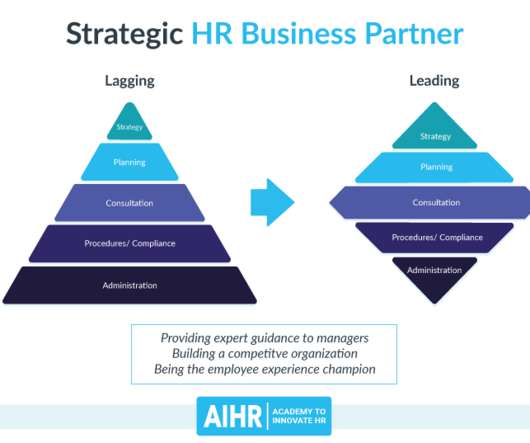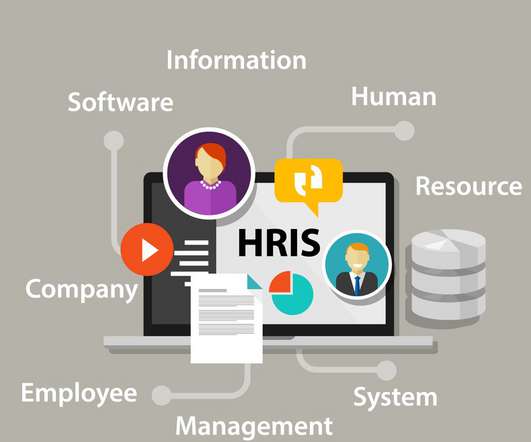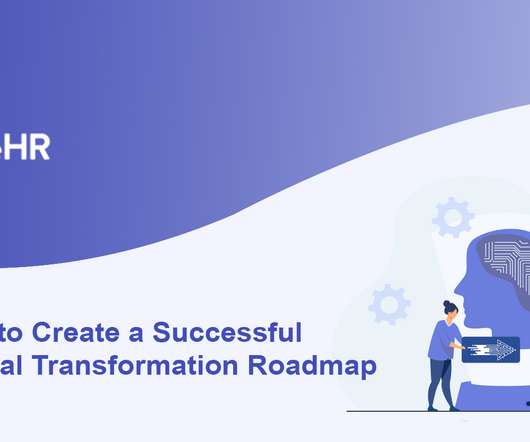What Is Human Resources?
Analytics in HR
JULY 31, 2023
As a department, it is responsible for managing HR activities from recruitment and onboarding, compensation and benefits, learning and development, performance management, and employee relations to separation or retirement. Employee participation and communication – HR delivers relevant and timely information to employees.
























Let's personalize your content